This is another artist that I interviewed for my magazine. I thought it would be good for Introducing artists that I admire. Lori Nix is quite an amazing artist and works like no other photographer I know. She is also a very nice person, so I was really happy to share the interview again. The interview was done a couple of years ago and some of the information might be out of date.
Introducing artists that I admire – Lori Nix
How long have you been taking photos for? What made you start?
I started taking photographs in high school, but didn’t begin to focus on photography until I was a junior in college. I had been working at the university newspaper for a couple of years as the darkroom technician, printing images for the weekly deadline. My junior year I became the photo editor and was responsible for most of the images in the paper. I realized pretty quickly that I didn’t have what it takes to be a photojournalist.
What was your first camera?
Nikon FM2
What made you decide to start doing the dioramas?
I wasn’t much of a traveller in my younger days, mostly due to lack of funds. So instead of going in search of the kind of images I wanted to see, I decided to stay home and recreate the scenes in diorama form.
How did you get into making the dioramas?
I went to my local bookstore and bought a book on how to build realistic model railroad layouts. This book introduced me to the materials and methods of basic scenery. Once I had the basics down, I started experimenting with new materials and approaches, always trying to improve my skills. When my partner Kathleen Gerber started helping me in 1999, the dioramas became more complex and dynamic.
How long have you been doing them for?
I’ve been working with dioramas since 1996.
How long does it take to make one?
It takes anywhere from one month to fifteen months, but seven seems to be the average time. We’re usually working on two and sometimes three at once. Right now we have three going, and I plan on starting the next one in September.
Where do you get your inspiration from?
My inspiration comes from everyday surroundings. Kathleen and I created a Chinese-Take Out restaurant based on the one in our neighbourhood.
I am most creative in the mornings when I am still half asleep. My ideas used to come to me while on my morning subway commute to work. These days I rarely leave my Brooklyn neighbourhood, so my ideas are coming to me in the shower.
After you have taken the photo do you do much post-processing to the images?
The series The City was all captured on 8×10 film and printed in the darkroom. I didn’t want to do much dodging and burning, so I tried to get the absolute perfect negative while shooting. It could take up to two weeks to reach that perfect negative. These days I am shooting digitally, so I have a little more room for post-processing. But I’m pretty old school, with little Photoshop knowledge, so I continue to build and shoot as if I was still shooting film, trying to get the perfect scene in front of the camera.
Dynamic Range came about as a way to help promote photography by women, have you ever felt disadvantaged in the world of photography because you are a woman?
I am fortunate to have never been at a disadvantage because of my gender. This might be different if I were a commercial photographer.
What advice would you give someone who is trying to get into photography?
My advice to students is to try every style, approach and alternative process (cyanotype, platinum/palladium, wet plate) available to them. Try goofy lenses like fisheye, Lensbaby, tilt-shift, etc. As one moves through these techniques, it will give you a good foundation in photography and help you create your own unique style or “brand”. I hate this word, but it’s true. Because we are all taking images of things that already exist, it will be your approach to image-making that will give your work it’s own personality. How better way to create your signature style then to try everything and figure out what makes you tick as an artist.
If you want to make a living as a commercial photographer, then I suggest you also learn to shoot and edit video. As more content is moving from the magazine page to the computer screen, clients want and need video content. If you can provide both, you’re chance for gainful employment rises exponentially.
You can find Lori Nix at her website, click here.
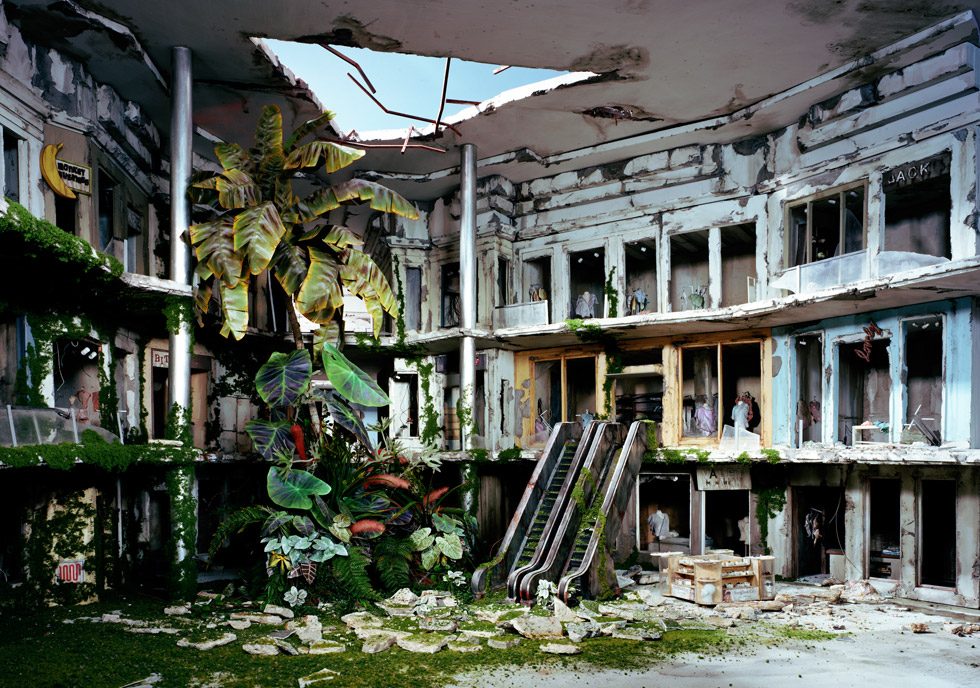
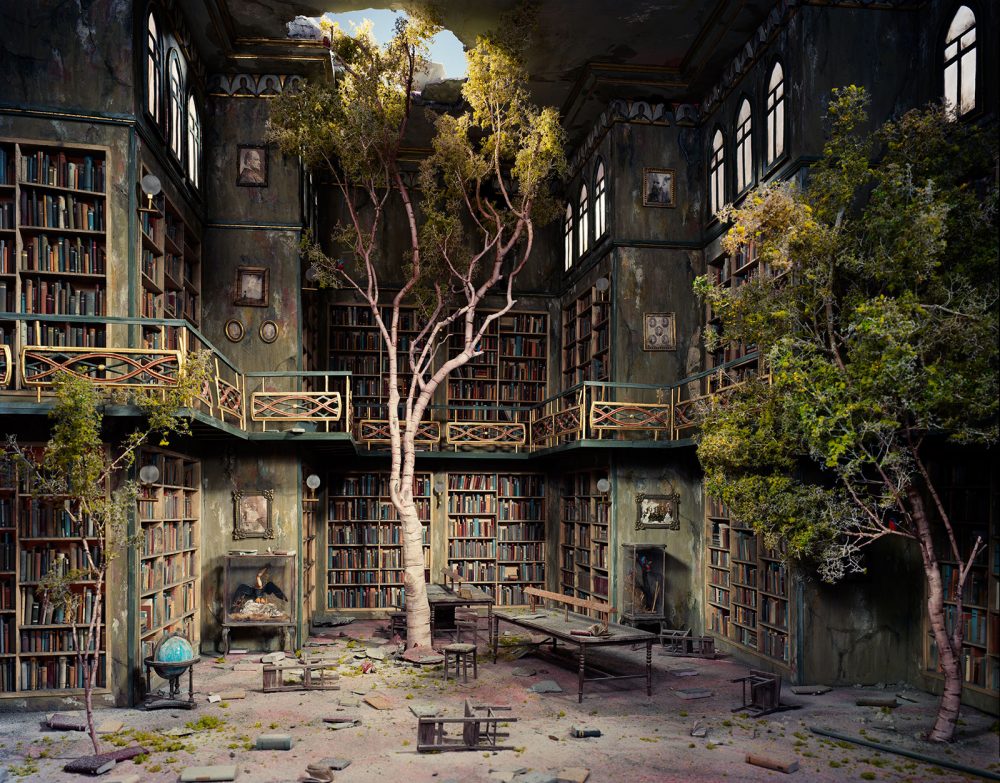
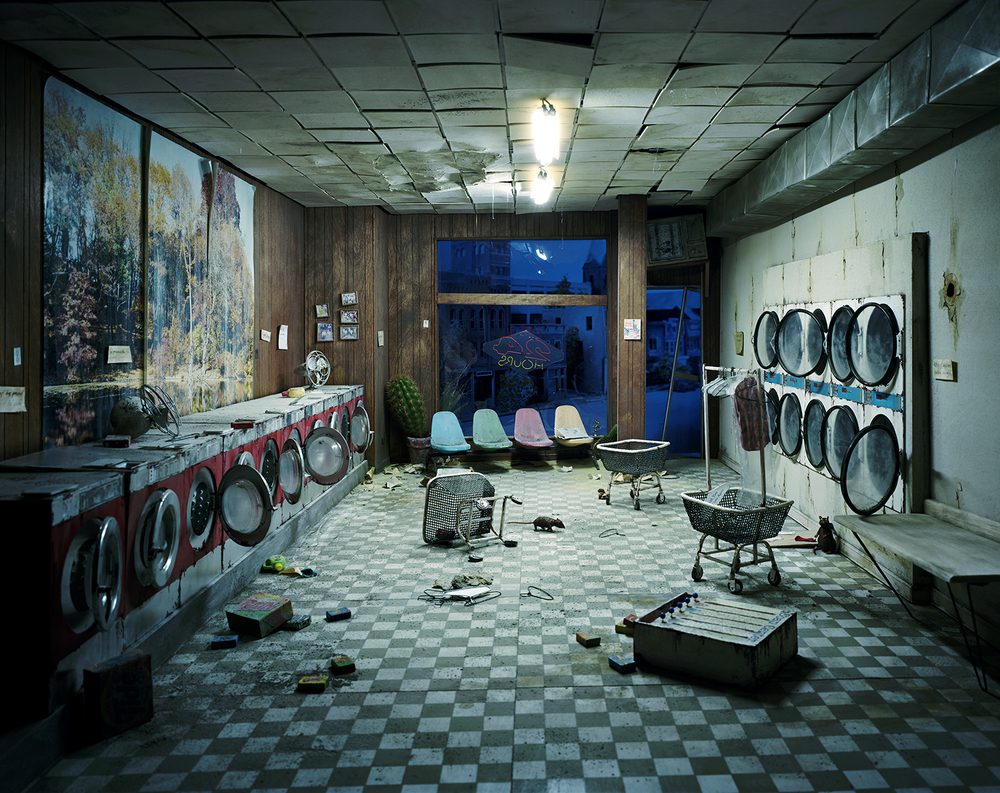
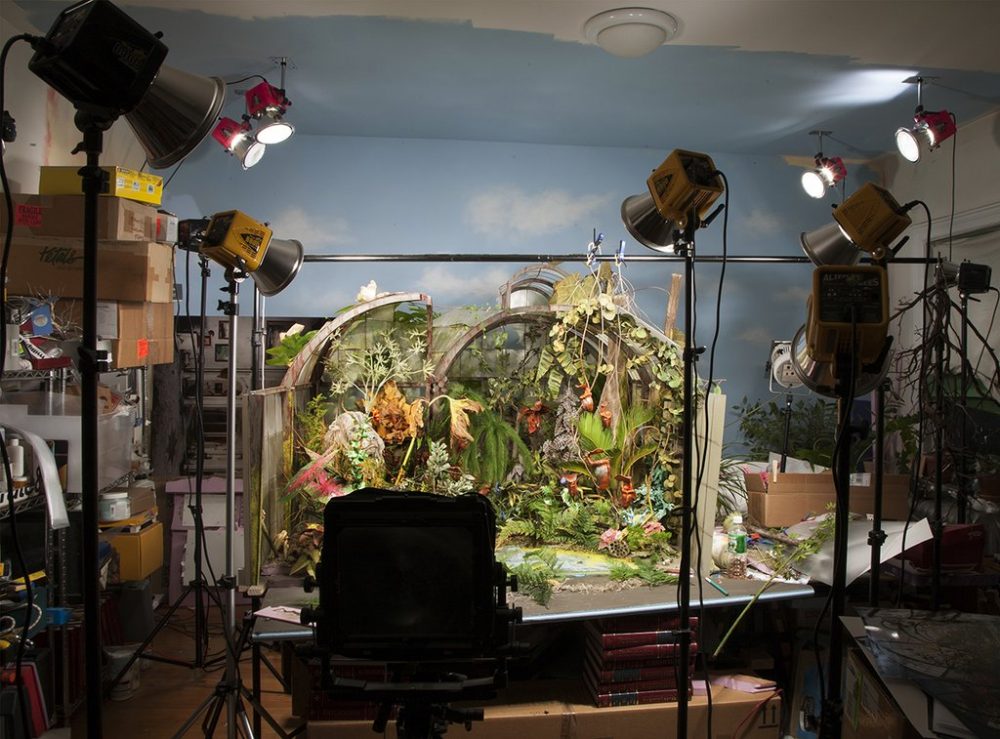
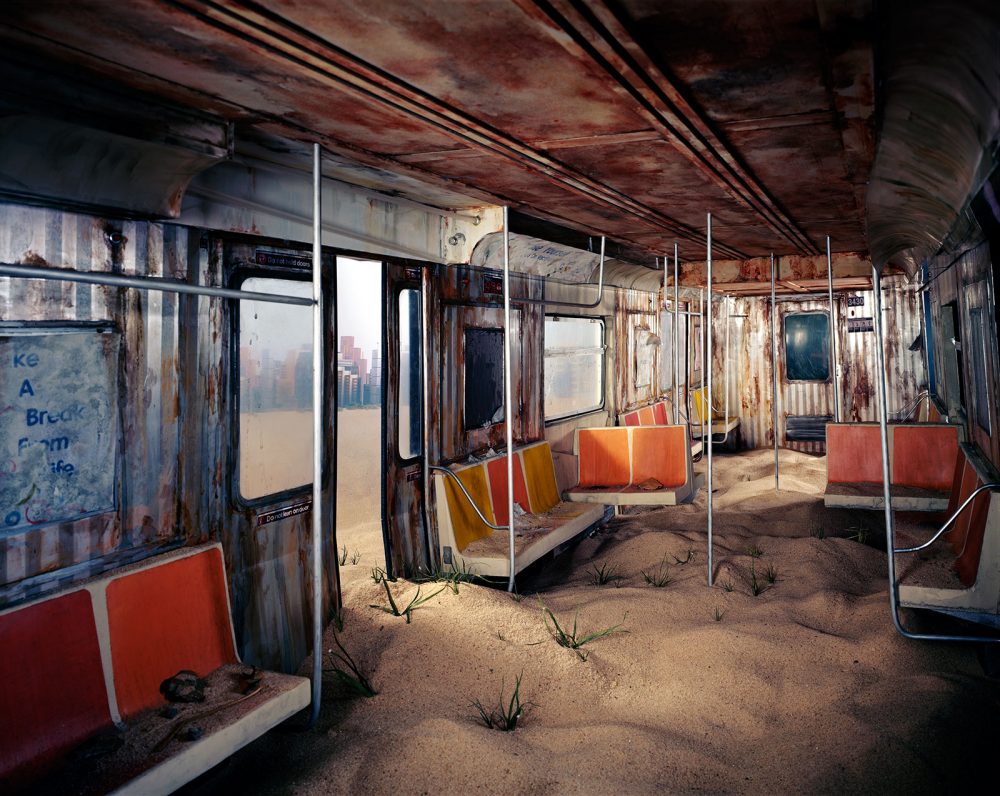
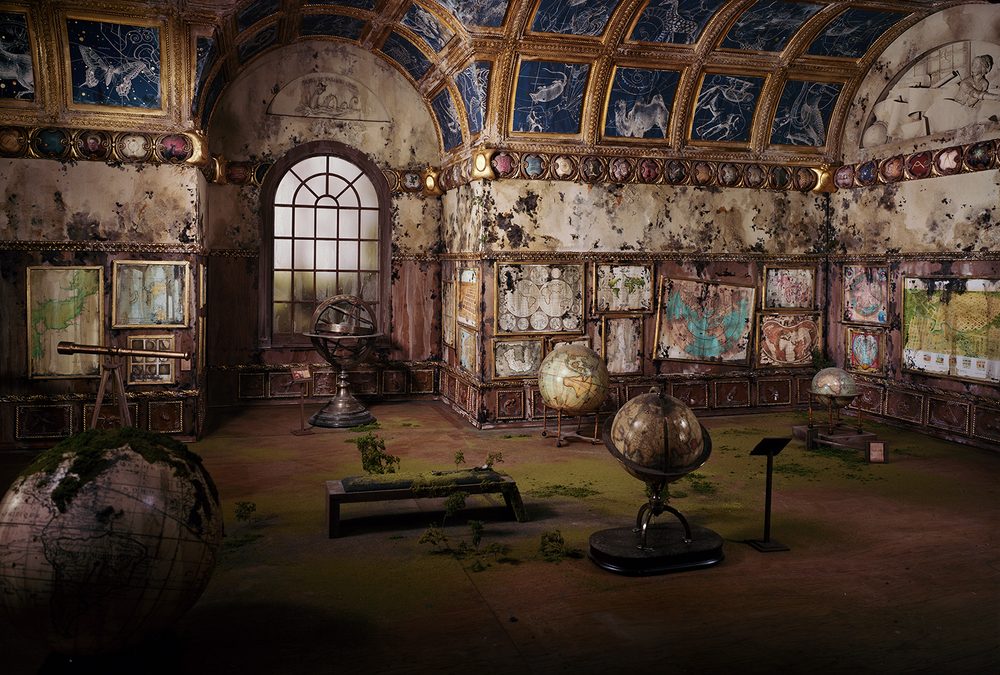
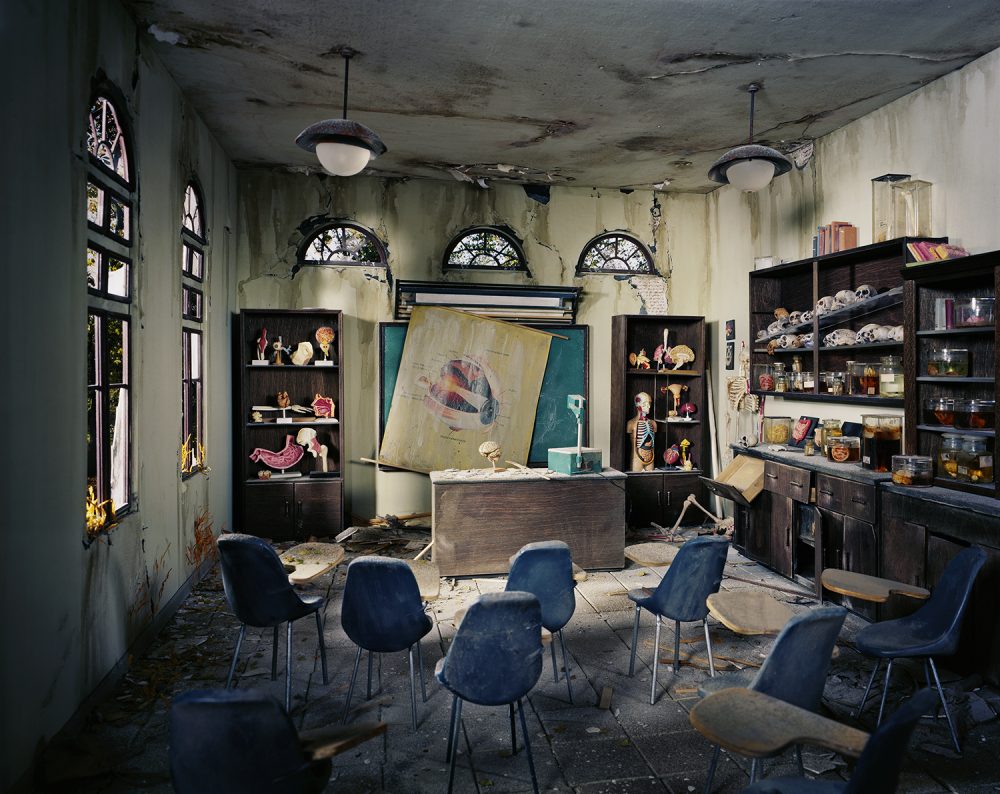
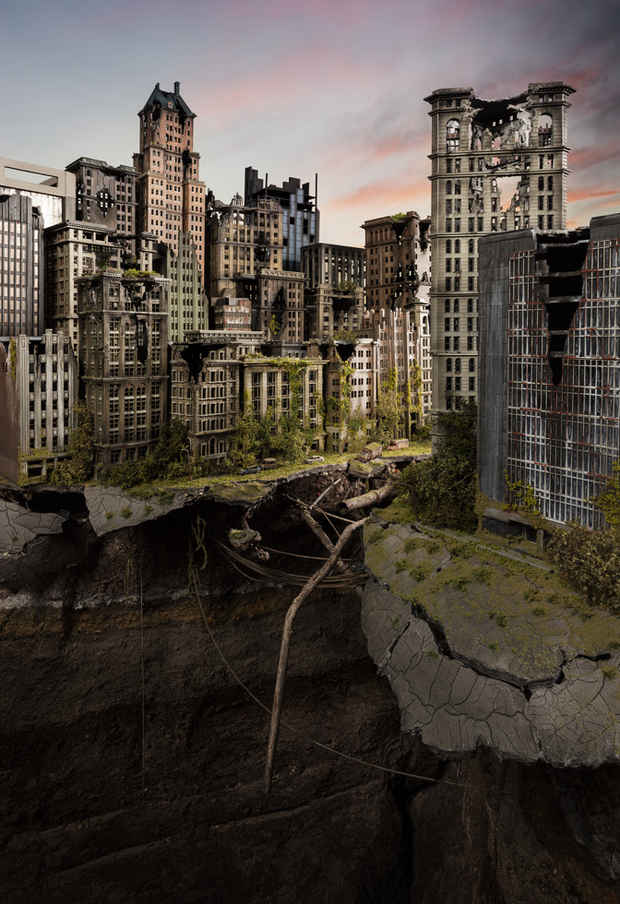
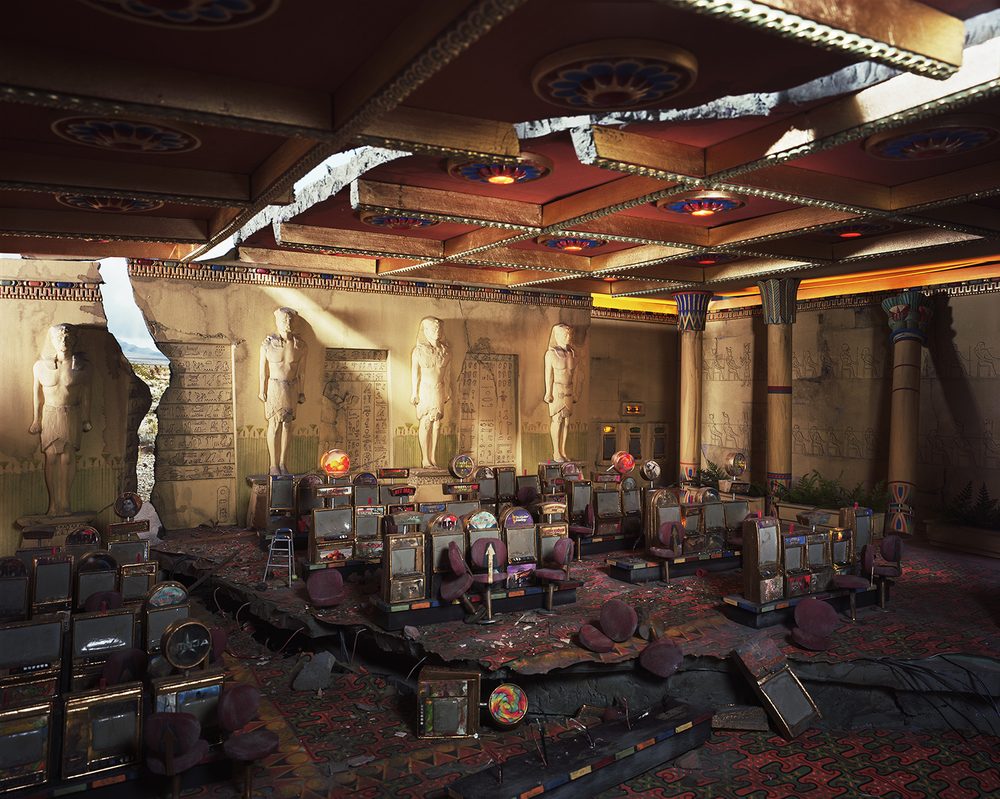
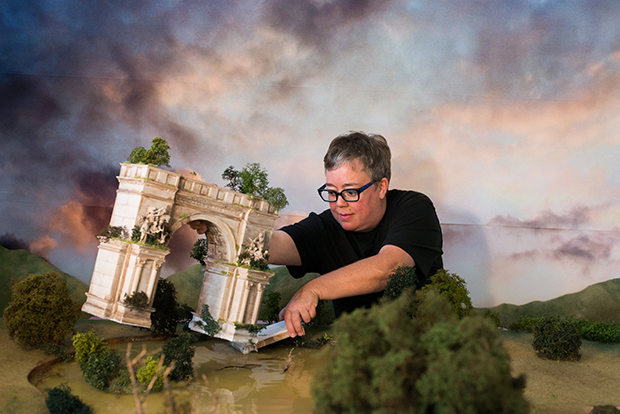
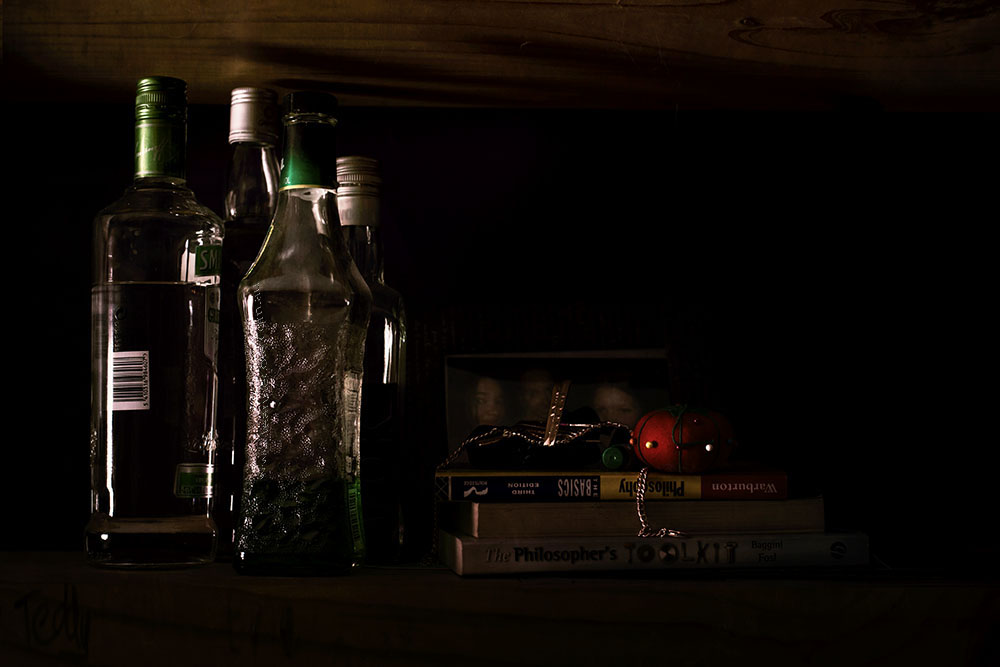
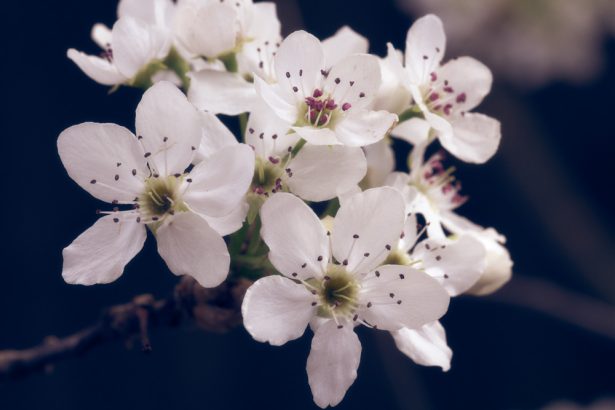
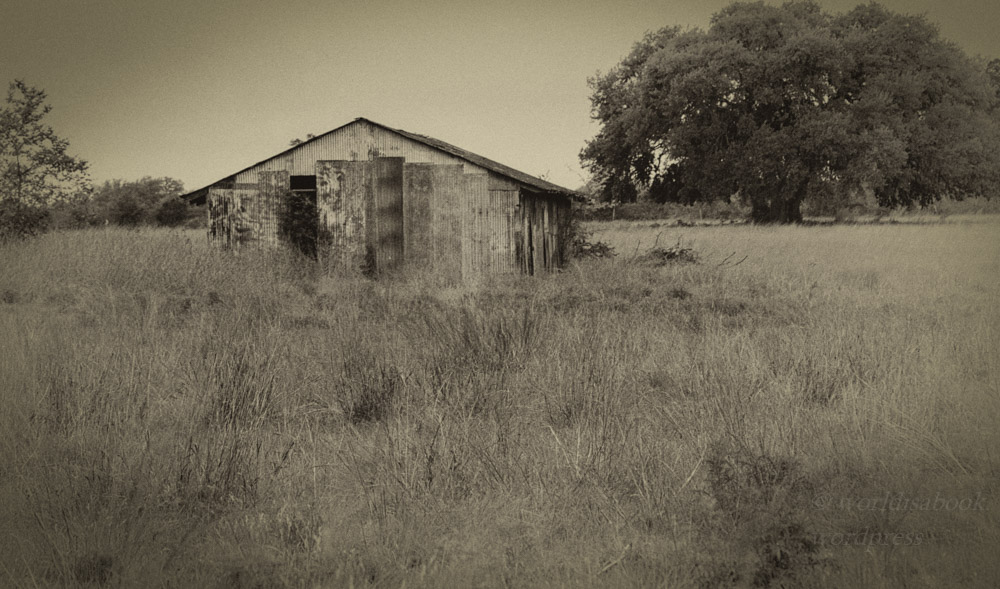
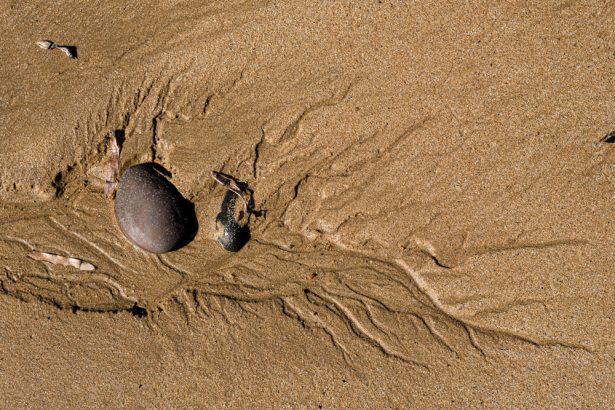
These are amazing! I’ve never seen anything like them. Thank you, and of course Lori, for sharing them.
You’re welcome Pam, it is great to look and see how other artists work.
She seems to create very dystopian images. Rather disturbing. I wonder why.
She likes disaster movies, I think she says that somewhere, so I suppose she is influenced by that. I love the work and think it is a look at what our world is going to be like if we don’t do something to start looking after it.
Oh to have that skill.. beautiful..
I agree Livonne, and the patience.
Man, I’d so would like to do those . . . you know, if I had the talent, time, and studio.
Really amazing work and detail.
I’m sure they wouldn’t be too hard to do, lol. Maybe you can try some small ones. I agree the detail and work is really amazing.
This is a far cry from the dioramas that my students made in grade five. I had no idea that this type of photography existed. Thank you for sharing.
haha, I bet they are different. Yes, I don’t think a lot of photographers are doing it, so it is very unique. You’re welcome Mama, thank you.
I love her work too.
That’s wonderful Sherry, it is amazing.
I love these interview posts. It’s fantastic seeing what other people are doing with their photography and art, very inspirational!
That’s great Stuart, I would like to do more. I agree, I think it is a great thing to see.